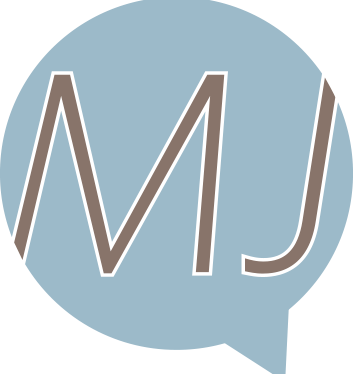If you are curious to know what lies on the horizon of a particular marketplace, attend an industry trade show. Of course, you’ll register to win dozens of iPads and vacations and you’ll pick up all sorts of little squishy balls, pens, and an occasional battery operated doo-hickey, but if you’re paying attention, you’ll walk away with a true sense for what that particular industry sees as critically important in the coming years. I recently had the opportunity to attend the HR Technology Conference in Las Vegas. It was a great conference and very well attended. Most every major player in the market made the trip — presenting what makes them unique, differentiates them, and how they are the one, true, industry leader. However, when you cut through all of that and looked deeper into the heart of the providers, what you saw was their understanding that HR must focus on the needs and desires of incoming workforce – the Millennial generation (born 1980 – 1995) – and how they are prepared to support HR in achieving this focus. By many counts, there are roughly 80 million Baby Boomers who are exiting stage left and heading into retirement. If you’ll recall, it was retirement calculators, employee 401k education, investment education/advice that took center stage within HR back in the early- to mid-90s. HR had to address that need at that time and HR trade shows devoted considerable time and energy to address that emerging issue. Roll forward 20 years and HR is faced with a new challenge: recruiting, engaging, and retaining the 80 million Millennials whom are marching onto the employment center stage. This 80MM-strong workforce brings with them an entirely new mindset with expectations for a different work environment than the one loved by Baby Boomers and Generation X. Some call them spoiled/entitled, others call them self-centered with and incurable case of ADD. This is natural. From the dawn of man, every generation has been slapped with a less-than-complimentary label by the generation that came before them. To refresh your memory, the Silent Generation thought that Baby Boomers were a bunch of no-good hippies and Baby Boomers felt that Generation Xers were rebellious punks. It is man’s way of rejecting change. Here are a few statistics that help paint an employment picture for this Millennial generation…
- The average tenure for a Millennial is currently 18 months (Department of Labor);
- 23% of Millennials think they will still be with their first employer after two years (8095 Live Survey 2011);
- 43% of 18-24 year olds say that texting is just as meaningful as an actual conversation with someone over the phone (eMarketer 2010);
- 47% of 16-24 year olds are employed, the smallest share since government started recording data in 1948 (Bureau of Labor Statistics, 2011)
- 20% of Millennials will be no call/no shows for their first day of work. They will claim, “something better came along”.
There are a slew of articles and blogs written as to why Millennials are wired the way they are. I recall getting a B- in Sociology in school, so I won’t venture into those waters, but the fact remains that the incoming workforce is significantly more diverse, able to efficiently multi-task, comfortable with technology, and impatient with established processes. Human Resources must adapt to this 80MM-strong workforce or they will walk next door to another organization which has adapted. HR must build a bridge between the old and the new — and technology has the ability to be that bridge. One of the most striking aspects of this generation is the significant role that technology plays in their everyday lives. They live and die by their mobile devices and much of their online activity is driven by and through a social networking platform. These individuals communicate via text, think in short phrases, and connect and collaborate extensively with one another. The opportunity for technology to be the girders for the aforementioned bridge was never more evident than at the 2011 HR Technology conference. The expo halls were filled to the brim with organizations, both new and traditional, touting their new Applicant Tracking/Recruiting/Onboarding platforms as well as Talent Management. At first blush, this fact didn’t necessarily strike me as Millennial-driven; however, upon further reflection, the new, cutting edge tools that these platforms were promoting helped me see that HR Technology providers have appropriately read the tea leaves and have tailored their systems to attract the attention of this unique generation. They are brilliantly using mobile and social platforms to attract and retain the Millennial workforce. They recognize that in order to limit that 20% no-call-no-show number, they must grab their attention from the get-go with an interactive onboarding process facilitated on-line. They recognize that they must harness the power of social media if they want to extend that troubling 18 month average tenure statistic. So, the HR Technology industry apparently “gets it”. Will HR be able to stay ahead of the curve, be open to change, be willing to embrace technology that, at the moment, seems over-blown? In order to be successful, tomorrow and well into the future, the answer to this question must certainly be, “YES!”. By the way, my youngest son loves his battery operated doo-hickey and is already looking forward to next year’s conference. That makes two of us.


